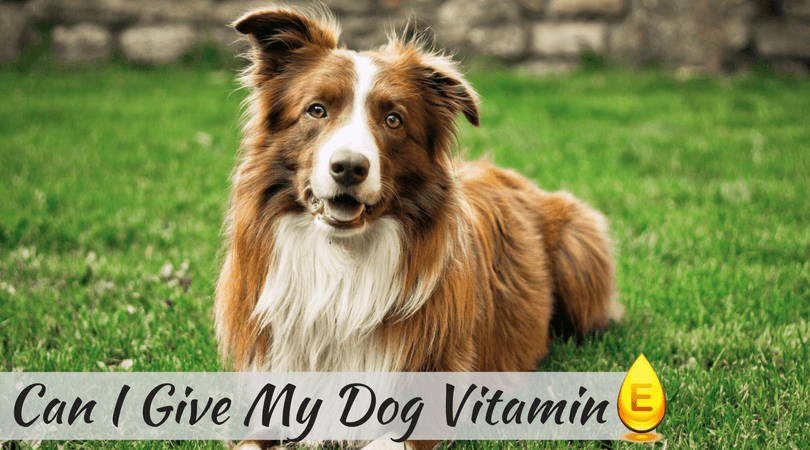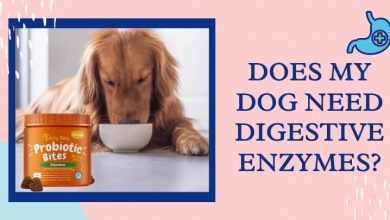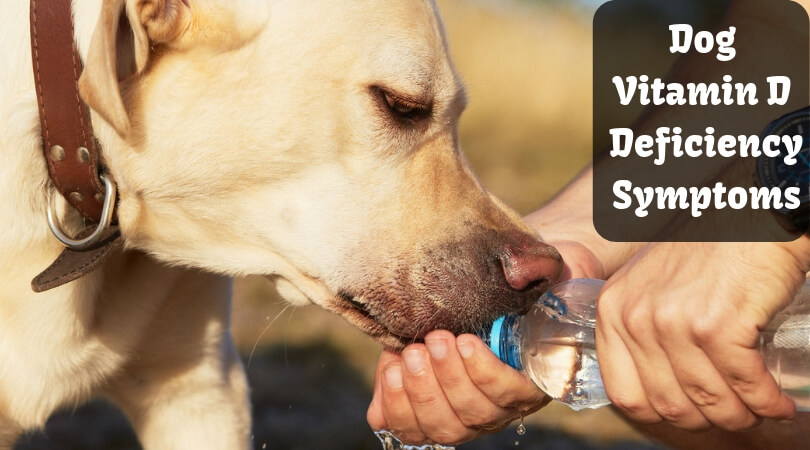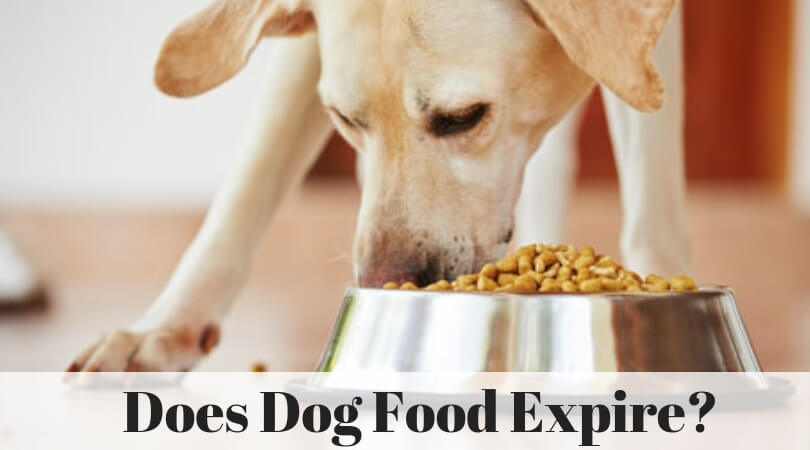How Much Vitamin K to Give Dog for Rat Poison? – Treat Your Dog!

Vitamin K mainly helps in resolving the problem regarding blood clot. It prevents excessive bleeding. It does not have wide usage like other vitamins. It is also not a dietary supplement. It is a group of compounds, and it mostly appears as vitamin K1 and vitamin K2. Any leafy green vegetables contain vitamin K1; and vitamin K2 can be largely found in meats, cheese, eggs, etc.
Vitamin K is a fat-soluble vitamin. If there is a deficiency of this, it can cause excessive bleeding – internally or externally. If we talk about cats or any similar pets, it mostly occurs as a result of rat or any other rodent poisons. Such poisons considered a very insidious sort of toxin. To maintain some degree of vitamin K in your dog’s body, is very important.
Vitamin K dose for dogs
There are many dog owners asked us the question: How much vitamin K to give a dog for rat poison? The answer is; you can give a dosage which can range from 1 to 3 mg per pound of your dog’s body weight. Yes, it must be divided into 2-3 doses a day. So, 1 to 3 mg per pound and 2 to 3 doses per day for 2 to 3 weeks. That’s it.
Note: If you regularly give dog multivitamins to your beloved pet, then it is alright. But if you are giving the such doses, especially Vitamin K1 for the first time, then you should prefer injection.
Although, there is no AAFCO recommended level for vitamin K and it may be the reason that if you, by mistake, gave a significant amount of the dosage to your dog, then it will also be normal. There is no toxic dose. Vitamin K for the dog is a water soluble treatment.
Symptoms of anticoagulant poisoning (Rat poison)
- Weakness or difficulty in breathing (due to excessive bleeding in the lungs)
- Unstable body / Dizzy eyes
- Nose and gum bleeding
- Blood in vomit and stools
- Bruises
Vitamin K for dogs
Many times, maldigestion and malabsorption can cause the deficiency of vitamin K. Even the antibiotic therapy for the destruction of bacteria can be the reason of such deficiencies. But fortunately, there are many options which can restore vitamin K and help your pet to regenerate the immunity.
Supplementation with pre biotic bacteria is the best way to increase the production of vitamin K. Apart from that, as mentioned earlier, there are many other food items which can help in natural restoration. Vegetables like spinach, asparagus, and broccoli can also generate vitamin K1 for dogs. Foods like beans, soybeans, eggs, strawberries, meat, etc. can also be helpful in restoring vitamin K. The only thing you should take care is that the food you give your pet is suitable for him/her or not!
Few warnings
- Contact any veterinarian if you think that your dog may have eaten rat/mouse poison.
- If you feel or diagnosed that the pet is undoubtedly poisoned with anticoagulant rodenticides, do not avoid that. It may occur pet’s death also. The treatment must begin immediately.
- Kindly confirm that the dog which is taking such doses is not hypersensitive to it.
- Vitamin K is not for use in pregnant animals. You should avoid such situations.
- You should train your dog to be quiet, especially during the treatment. Even after that, it is preferable that you keep him quiet at least for a week or so!
There must be many items which your dog hate, or not suitable for his health. Recognize such food items and do not give it, instead try some other options of vitamin k dose for dogs.





